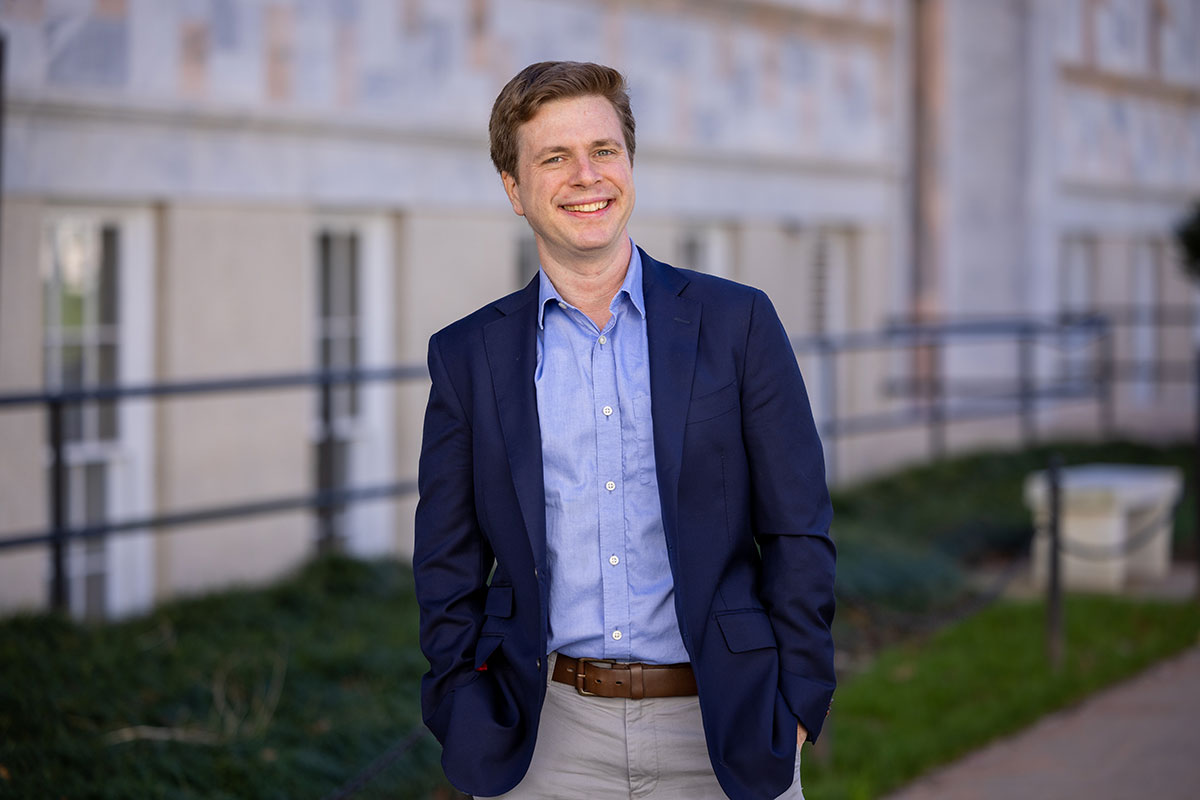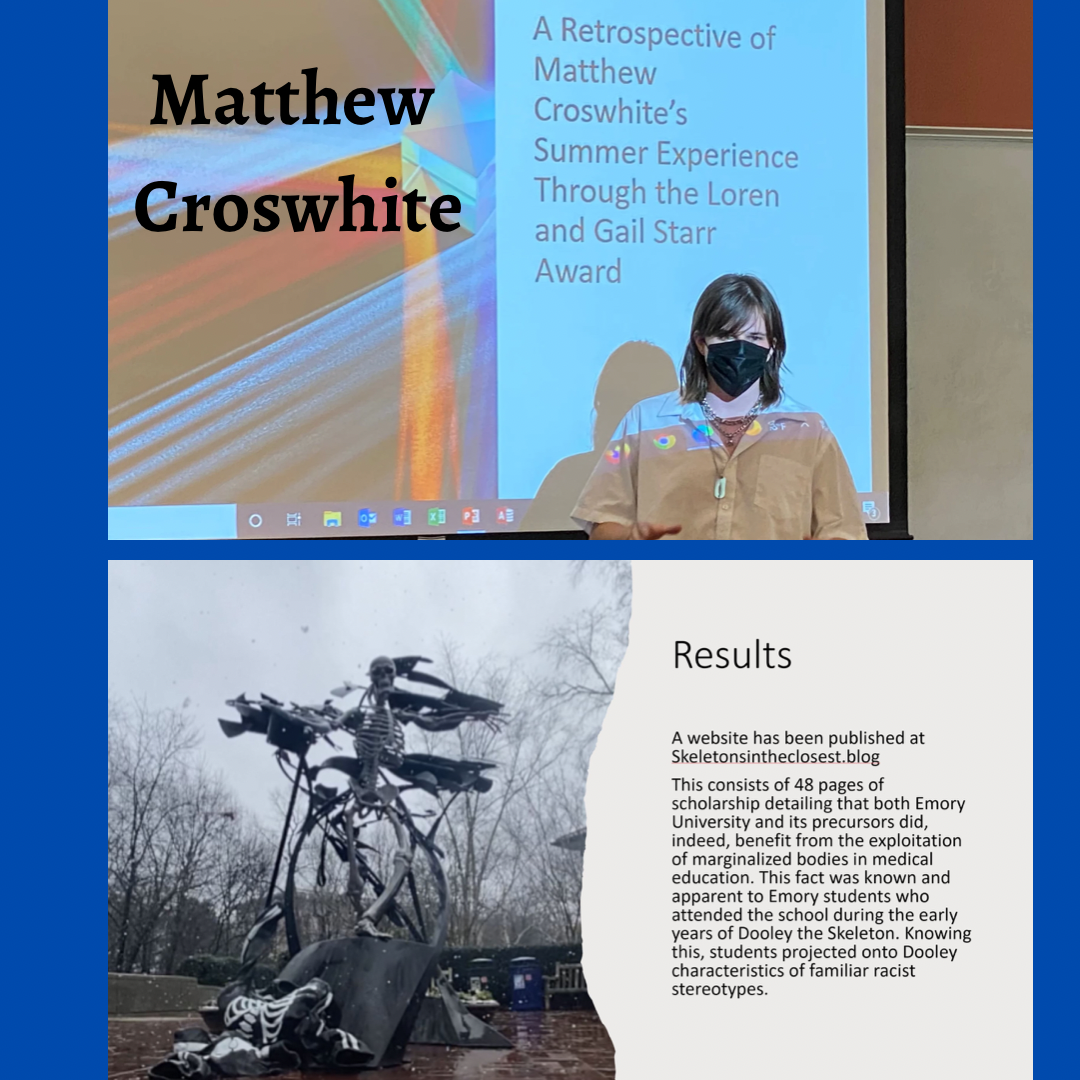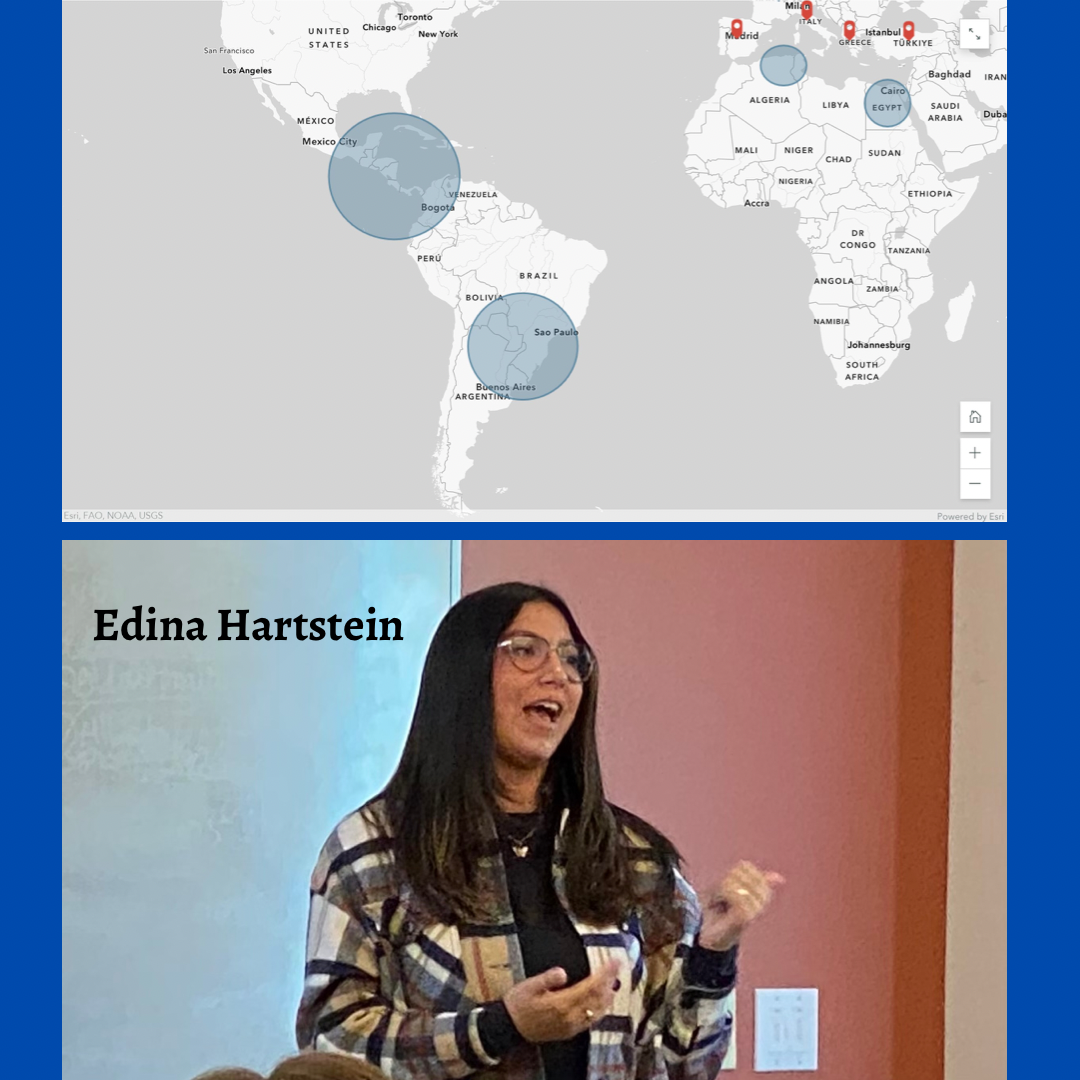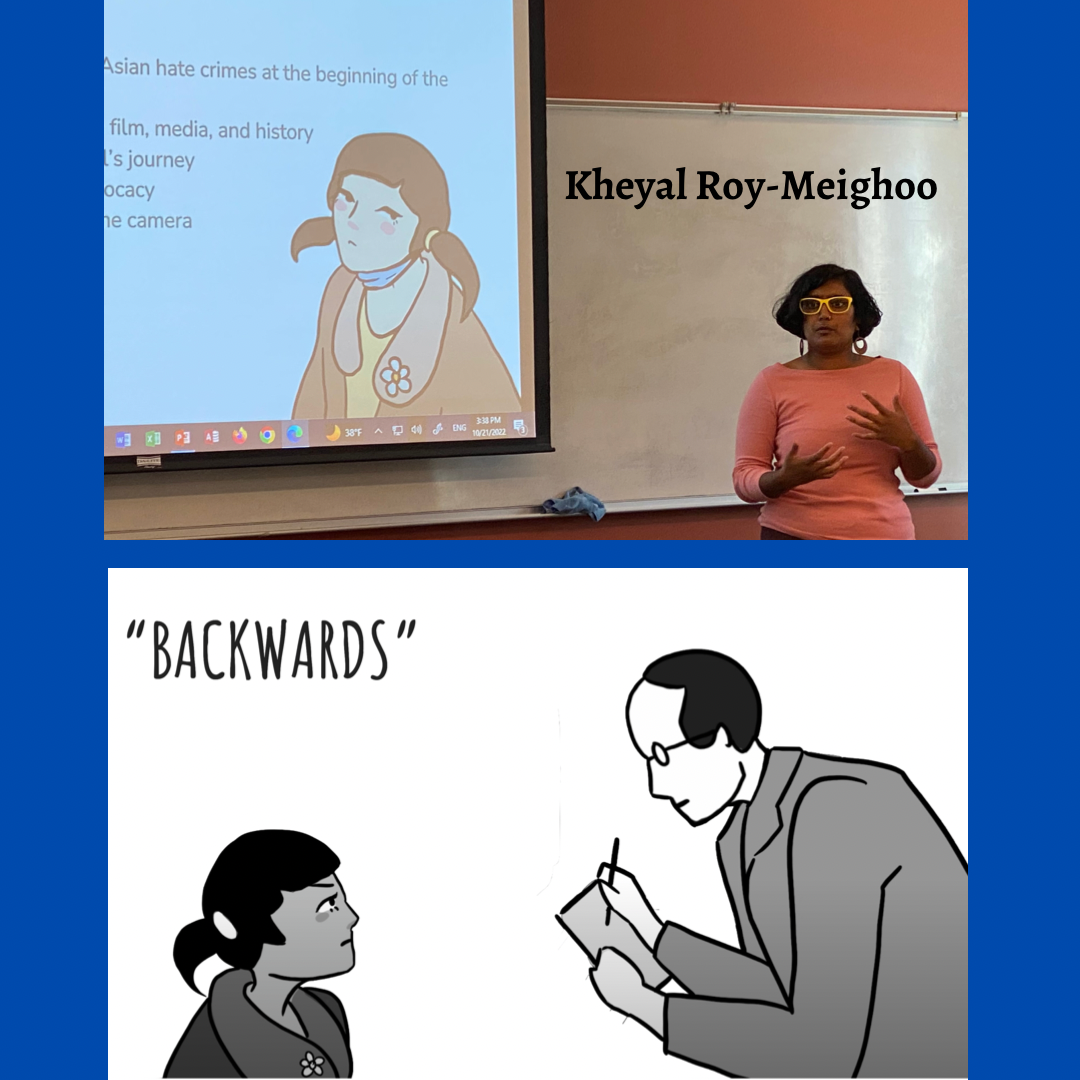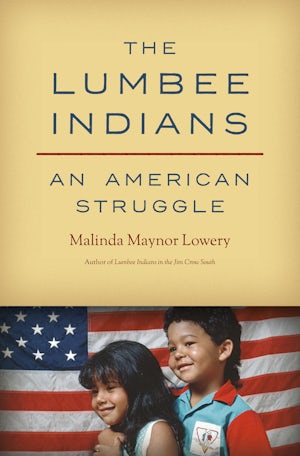Dr. Daniel LaChance, Winship Distinguished Research Professor in History, 2020-23, and Associate Professor of History, was recently quoted in a Fox News article about the common practice of allowing people sentenced to death a customized meal before their execution. LaChance argues that this tradition serves to differentiate the violence that the state carries out in the context of an execution from the violence for which the person was sentenced to death. LaChance is the author of Executing Freedom: The Cultural Life of Capital Punishment in the United States (University of Chicago Press, 2016) and Crimesploitation: Crime, Punishment, and Pleasure on Reality Television (Stanford UP, 2022), co-authored with Paul Kaplan. Read an excerpt from the Fox News piece below along with the full article: “Lore of the last meal: Inside the captivating culinary ritual before vicious killers face death.”
“‘The meals serve as a reminder that this is a different violence,’ LaChance told Fox News Digital of the views that some may hold. ‘That this is a righteous violence rather than a lawless or criminal violence.‘”
